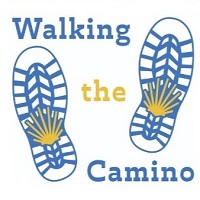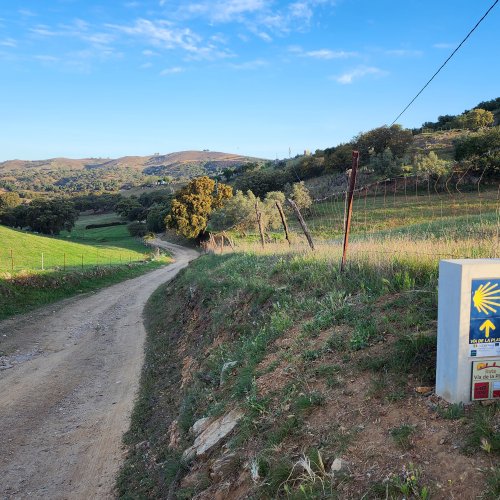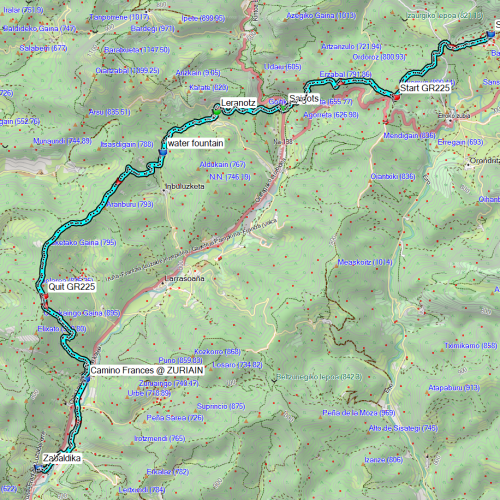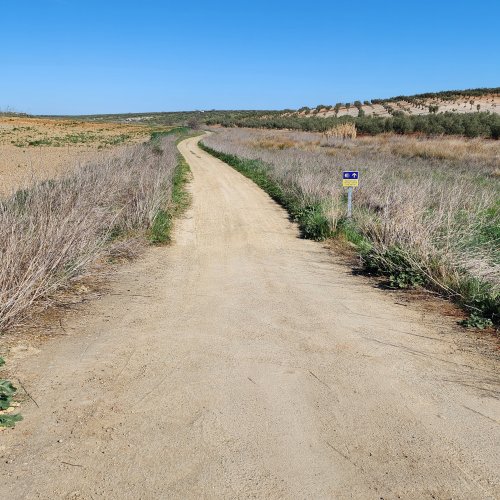'Mande' is not exclusive to Mexico; it's used in other countries too. In fact, it was used in Spanish too, but it has now gone out of fashion. It became very popular decades ago thanks to puppet 'Doña Rogelia', who used to say it a lot.
She says it here around minute 1.30
Despite the popular belief that this expression appeared in the Americas during colonial times, there is no evidence to support this theory. Apparently, the expression is actually older than that and it comes from Catalan. It was used among equals, especially older people. So, no submission or servitude in the origins of this word.
According to some research (
https://algarabia.com/de-donde-viene-la-costumbre-de-responder-mande/): Al parecer, esta expresión se usa desde los tiempos del Virreinato, y era la manera en que las castas inferiores —mestizos, indios— mostraban su sumisión a las personas de castas superiores —blancos, criollos—; también hay quien afirma que esta habla ceremoniosa es heredada de las maneras del náhuatl. Lo que sí es que, aunque mucha gente asegura que implica una actitud servil, es más bien una manera de cortesía que matiza una respuesta directa como «¿qué?».
Also:
https://www.bbc.com/mundo/noticias-45291338
El diccionario de la Real Academia Española (RAE) no tiene alguna acepción particular para esta forma del verbo mandar.
Pero la AML (Academia Mexicana de la Lengua) sí lo reconoce como una expresión usada en el español de México, la cual, señala,
se usa "para responder al llamamiento de alguien".
"Que se percibe como sumisión, sí. Los extranjeros lo perciben como sumisión efectivamente, pero porque es un verbo de mandato, es un causativo de mandato y obviamente es muy fuerte", indica Company.
En algunas
regiones rurales de la propia España, bien entrado el siglo XX, aún se escuchaba el "¿Mande?" como se usa en México. Y en el
catalán se dice "mani'm" (mándeme) o su forma más simple, "mana?" (¿Mande?)".
Y entre ellos no tiene nada que ver con sumisión, pues se usa entre iguales, sobre todo entre personas mayores.
Por eso Company apunta: "No creo que los mexicanos lo digan por sumisión,
lo dicen por respeto, que son cosas muy distintas".














